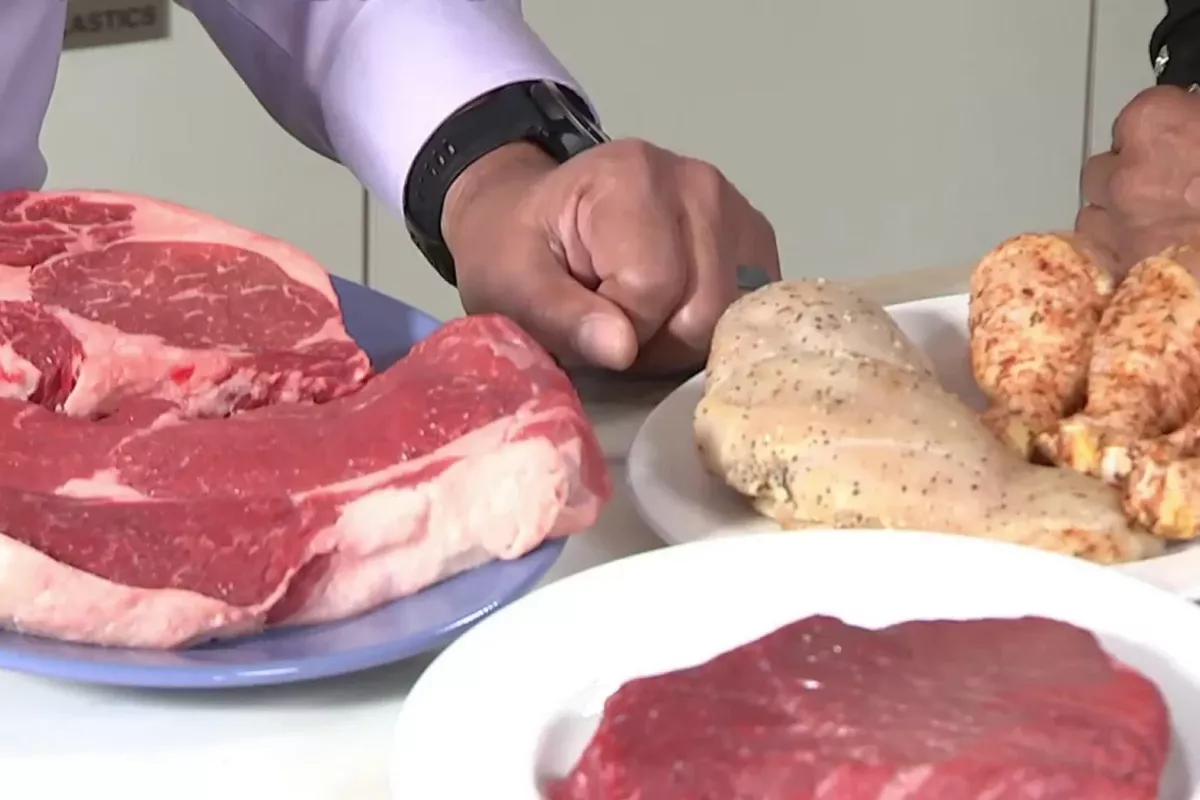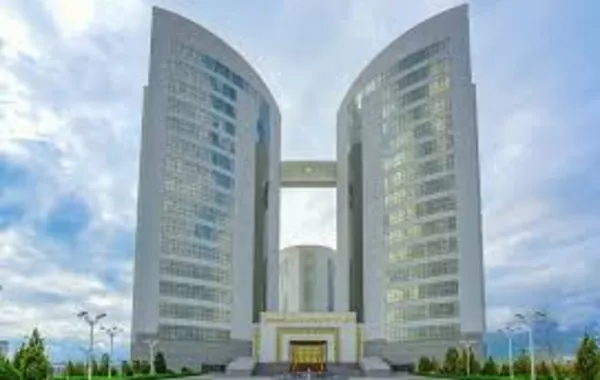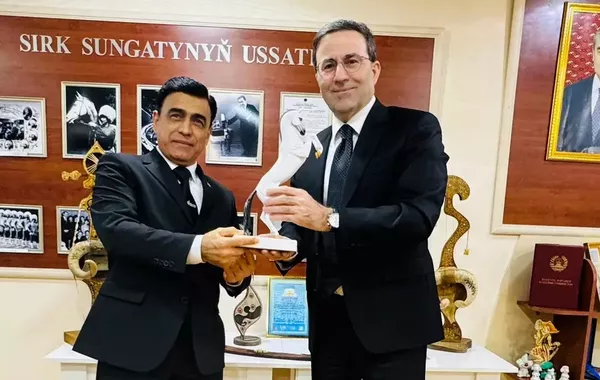
Source: NBC News
Meat is fast becoming a luxury item in Turkmenistan, as residents across the country report skyrocketing prices and declining quality. Even in Ashgabat, where incomes are generally higher, beef is no longer affordable for many households, The Caspian Post informs via Timesca.
Rising Prices, Declining Quality
For years, the price of meat has served as a barometer of living standards in Turkmenistan. This year, costs have repeatedly hit new highs. Ahead of the Eid al-Adha holiday, prices in Ashgabat nearly doubled, with similar surges reported in the Balkan region. Today, even after the holiday period, beef prices in the capital remain elevated, reaching up to 175 manats ($9.2) per kilogram, with noticeable drops in quality.
Consumers complain that even trusted vendors are selling overly fatty or tough cuts. At a late September session of the Halk Maslahaty, elder Yazmyrat Atamyradov proposed scrapping the annual increase in wages and pensions, prompting widespread public backlash.
The move brought renewed attention to the cost of basic goods, including meat. Globally, Turkmenistan ranks 15th in per capita beef consumption and 4th for lamb.
The Cost of Meat in Markets and Shops
In spring, boneless beef was selling for 75-80 manats ($3.9-4.2) per kilogram. Now, such prices are a rarity, available only in a handful of shops in Ashgabat’s Gulistan (Russian Bazaar) and other select outlets, often with the condition of purchasing bones or offal as well.
Current pricing is as follows:
• 80-95 manats ($4.2-5): Occasionally available in supermarkets and hypermarkets, but often sells out quickly and varies in quality.
• 100-110 manats ($5.3-5.8): Entry-level pricing for consistently decent meat at open markets.
• 140-150 manats ($7.4-7.9): Common at popular vendors and “premium” stores.
To address the situation, state-owned shops have expanded their offering of low-cost meat products. Shoppers can now buy frozen ground chicken for 25 manats ($1.3), beef bones for 26 manats ($1.4), and frozen beef briquettes for 38 manats ($2) per kilogram.
However, buyers report that the briquettes contain very little meat and are sold in limited quantities per customer.
Livestock Disease and Veterinary Shortcomings
The price hikes coincide with reports of recurring disease outbreaks among livestock. In June, Chronicles of Turkmenistan reported suspected anthrax cases in the Akhal region, and in August, additional deaths were reported in Lebap. In September, Radio Azatlyk cited a new illness in Akhal causing skin inflammation and respiratory distress in cattle.
Farmers have criticized the poor state of veterinary services, citing misdiagnoses and contradictory advice. Years of drought have weakened livestock’s immune systems and reduced herd sizes.
Meanwhile, hospitals in the capital have begun admitting patients with brucellosis, a bacterial infection transmitted from animals that can affect nearly every organ in the human body.
While cooking destroys the pathogen, brucellosis can still be contracted during the handling or cutting of infected meat, especially under unsanitary conditions. Medical professionals warn that with lax veterinary oversight and poor quality control, the risk of infection remains high.
Experts attribute the worsening situation to a mix of agricultural mismanagement, shrinking livestock numbers, and growing meat exports to neighboring Kazakhstan and Uzbekistan, where market prices are more favorable. The crisis is further deepened by feed shortages, animal diseases, and weak government support for domestic producers.
Share on social media

